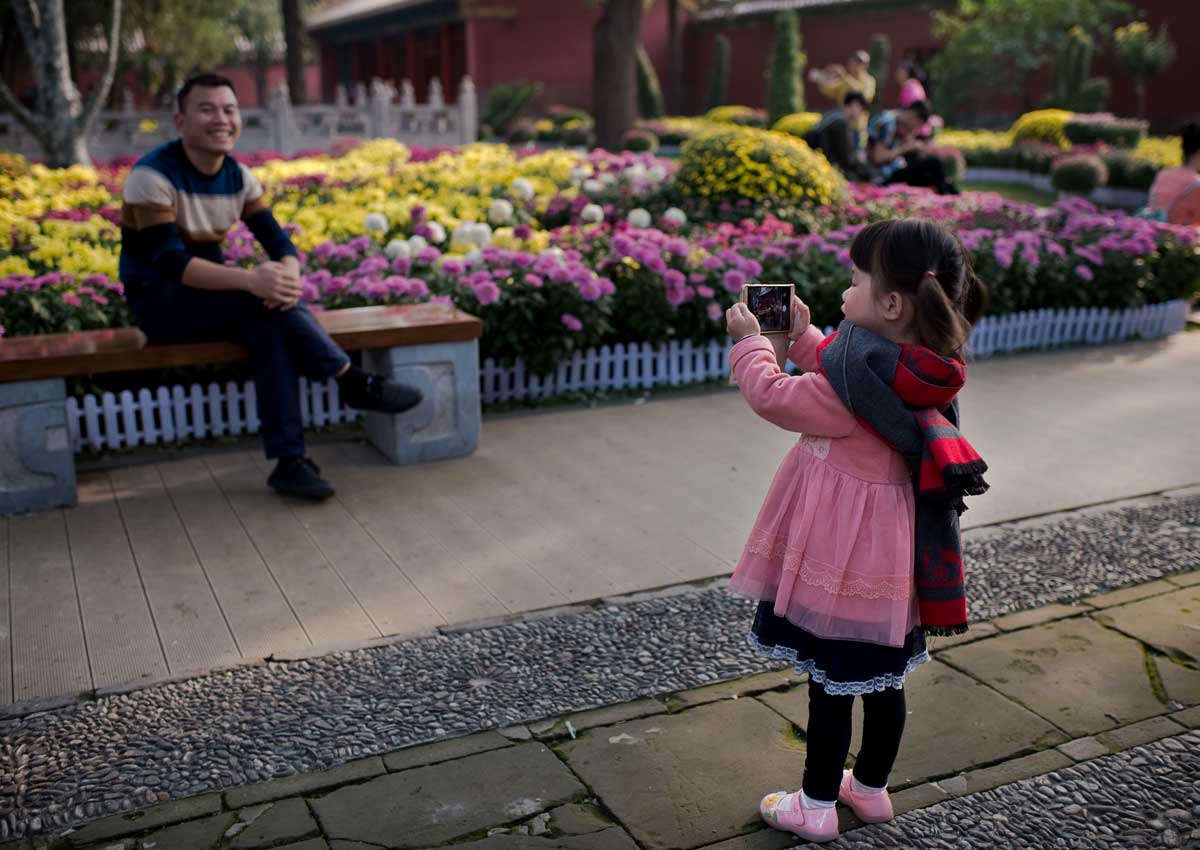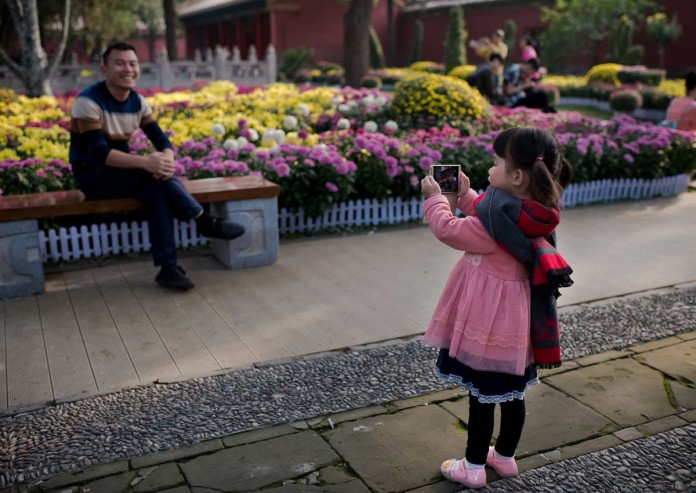BEIJING – Millions of Chinese tourists are packing their bags for distant and not-too distant shores for the National Day holiday, with early indicators pointing to a slump in bookings for neighbouring Taiwan and Hong Kong.
The “Golden Week” break, which starts on Saturday in one of the world’s biggest mass movements by plane, boat and train, offers an important snapshot of Chinese holidaymakers and their changing tastes and habits as economic growth at home stutters.
It is also a peak season for retailers outside China looking to lift their top line. Singapore is luring Chinese shoppers with discounts and promotions while South Korea is trumpeting a month-long Korea Grand Sale.
Shinsegae Duty Free in Seoul’s Myeongdong area popular with Chinese has been making preparations since July. “We are expecting many Chinese tourists, so we think sales will increase a lot,” shop official Ahn Joo-yeon told Reuters.
Thailand expects 220,000 Chinese visitors during the break, up about 30 percent from last year, Tourism Authority of Thailand Governor Yuthasak Supasorn told Reuters, despite a doubling in visa fees, a spate of bombings in the south of the country and fears of the spread of the Zika virus.
Thailand confirmed on Friday that Zika had caused two cases of microcephaly, a condition that results in babies being born with small heads, the first time the condition had been linked to Zika in Southeast Asia. “So far there has been no impact (from Zika fears) on our Thailand route,” said Wang Yanfei, market and PR manager at Shanghai Spring International Travel Service, the parent of Spring Airlines. “We will give warnings and tips on our group notices. Team leaders will remind travellers of Zika and mosquito issues before the tour starts.” Thailand’s tourism authority said it expects Chinese visitors to spend 7.8 billion baht (S$306 million) during the Oct. 1-9 break, up 39 percent from a year earlier.
Total tourist spending in China and by Chinese abroad is expected to surge 13.5 percent to 478 billion yuan (S$98 billion) during the holiday, according to China Travel Academy, a government-backed research institute.
That would be four times Iceland’s gross domestic product.
But the number of mainland tourists visiting Taiwan, a self-ruled island China considers a breakaway province, has taken a tumble.
The decline reflects deteriorating relations with Communist Party rulers in Beijing since President Tsai Ing-wen, of the independence-leaning Democratic Progressive Party, took office in May.
“WE STILL WELCOME CHINESE TOURISTS”
Chinese tourists travelling alone and in groups during the holiday will slump 50 percent from a year ago to 30,000, Taiwan’s tourism bureau said. “The drop in Chinese tourists numbers is mostly owing to political factors,” said Chiu Chui-cheng, a deputy minister of Mainland Affairs Council, Taiwan’s China policymaking body. “We still welcome Chinese tourists.” China says it is natural its tourists are avoiding Taiwan given the current tensions between the two sides and what Beijing views as Taipei’s insensitive handling of a July bus crash, deliberately caused by the driver who set the vehicle on fire, killing 24 Chinese tourists.
Taiwan’s tourism bureau does not publish estimates for mainlanders’ spending during the holiday. It projects full-year spending of T$110 billion (S$4.8 billion) versus T$140 billion for 2015.
A reduced appetite for luxury due to a slower Chinese economy and a crackdown on extravagance has also hit visits to the former British colony of Hong Kong, which has been racked by pro-democracy protests and anti-China sentiment in recent years, infuriating Beijing.
Paul Leung, chairman of the Hong Kong Inbound Travel Association, expects a 20-30 percent slide in mainland tour groups from about 300 tours a day last year. “For tour operators, Golden Week is no longer a golden period,” said Joseph Tung, executive director of the Travel Industry Council of Hong Kong.
Due to short flight times and looser visa policies, South Korea and Japan have remained popular.
Beijing has protested against a U.S. decision to deploy an advanced anti-missile system in South Korea, the Terminal High Altitude Area Defence system, to counter missile threats from North Korea. China worries the system’s radar will be able to track its own military capabilities. “There are some travellers putting off going to South Korea because of the THAAD issue,” said a sales official at Qucheng Travel Agency in Shanghai.
Still, all the travel groups to South Korea and Japan, with which Beijing has a rocky relationship due to a territorial row and other disputes dating back to World War Two, were sold out at major agencies two months before the holiday.






